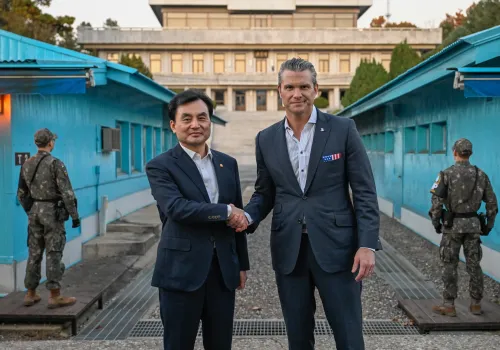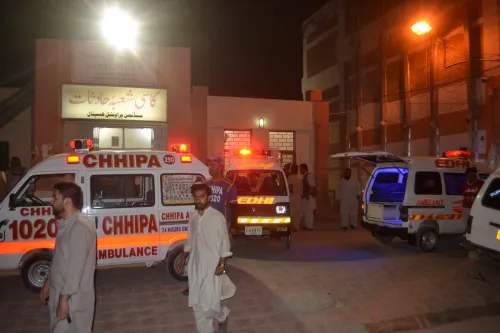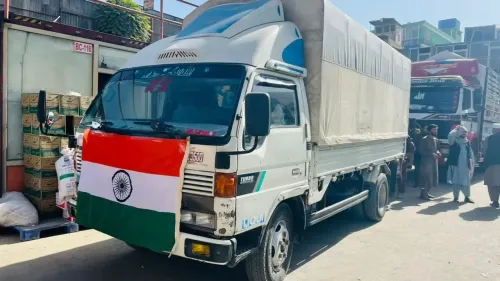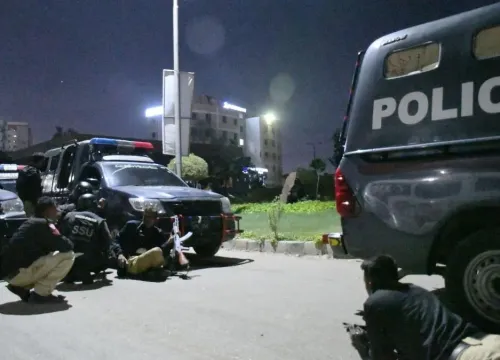Is Korea’s Space Agency Revising its Next-Gen Rocket Plans?
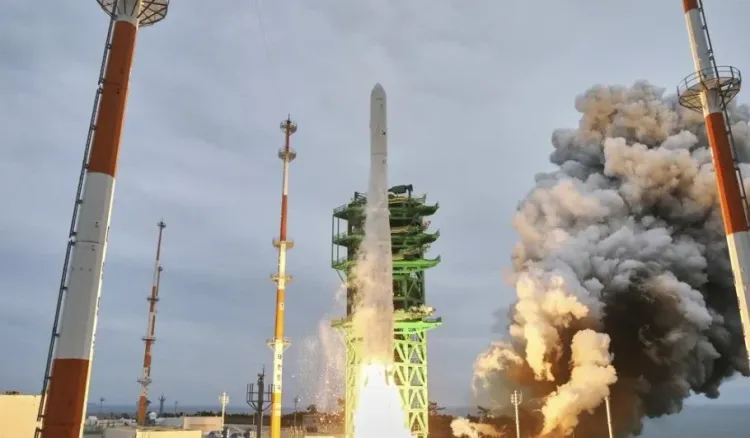
Synopsis
Key Takeaways
- KASA is seeking a government review to modify its rocket development plans.
- The aim is to shift towards a reusable rocket system.
- Target acquisition of reusable technology by 2035.
- Plans to develop a workforce of 30,000 aerospace talents by 2045.
- Focus on expanding educational initiatives in aerospace.
Seoul, May 8 (NationPress) South Korea's aerospace agency announced on Thursday that it has officially sought a governmental review to amend the development strategy for its next-generation space launch vehicle, with a focus on transitioning to a reusable rocket system.
The Korea AeroSpace Administration (KASA) reported that it submitted a request to the finance ministry last week for a feasibility reassessment of the project revision, as per Yonhap news agency.
KASA had previously disclosed in February its intention to adapt its next-generation space rocket into a reusable model and to acquire the necessary technology by 2035.
In its reassessment request to the ministry, the agency stated that this proposed change will play a crucial role in its overarching strategy to adapt to the rapidly evolving global space industry.
"The shift to a reusable launch vehicle is vital for enhancing our competitiveness and addressing emerging trends in space launch developments," KASA mentioned in a statement. "We anticipate that this reassessment will mark a significant turning point for the project."
KASA expressed commitment to collaborating closely with the ministry to ensure that the revised project plan is meticulously prepared without any delays.
In addition, KASA aims to establish a cross-sector education initiative designed to cultivate a workforce of 30,000 aerospace talents by 2045, as part of its long-term vision to emerge as a global space leader amid the New Space era, Yonhap reported.
This ambitious initiative seeks to develop an ecosystem in the space industry in response to the New Space era, characterized by the growing involvement of private enterprises in the sector.
Under this strategy, the agency plans to partner with relevant government ministries to broaden the talent pool in space science, promote specialists with mission-oriented skills, and prepare a workforce ready for the field.
To reach these objectives, KASA will also create educational programs focused on space for students, with the goal of increasing the number of young aerospace trainees from 300 to 1,500 annually.

